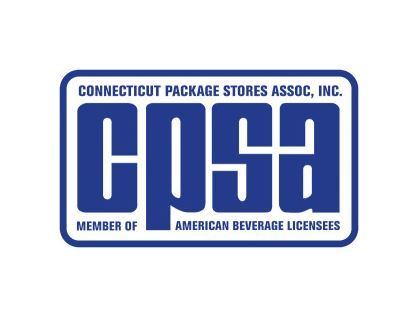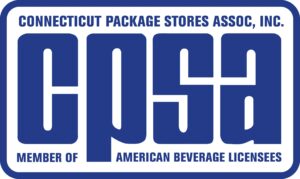

Sean Hughes, Account Director, Connecticut Package Stores Association.
By Sean Hughes, Connecticut Package Stores Association
This year’s long legislative session is slowly but surely moving along. Facing a June 4 deadline, the Connecticut General Assembly has about a month left to pass bills before they gavel out for 2025. One bill that many members of the liquor industry hope make it across the finish line is Senate Bill 1115, “An Act Concerning Enforcement of Cross-Border Bottle Redemption Prohibitions,” which would address the issue of the redemption of deposits on beverage containers not sold in Connecticut.
In 2021, Connecticut passed legislation that made significant changes to the state’s bottle bill, such as expanding the types of beverage containers subject to the deposit to coffees, teas, juices and more. Another significant change in the bill increased the bottle bill redemption value from 5 to 10 cents per container, with an effective date of Jan. 1, 2024.
This increase pushes Connecticut to the highest redemption rate in the nation, sharing that distinction with only three of the nine other states that have “bottle bills”: Michigan, Oregon and California. Neighboring Rhode Island does not have a bottle bill, while New York and Massachusetts maintain a lower 5-cent redemption per container.
The combined deposit container expansion and the 10-cent redemption have not only strained Connecticut’s redemption process with increased volume, but they have also incentivized the influx of out-of-state containers from border states, forcing distributors to redeem deposits that were never paid in Connecticut.
The lack of a system to identify in-state versus out-of-state containers at redemption has created significant challenges and a lack of enforcement for all stakeholders in the bottle bill process. Some companies have attempted to address this by printing a red ring or outline on the labels of containers, which are used to determine whether the bottle was either sold in or outside of a bottle bill state.
However, most manufacturers and distributors do not use state-specific labeling. While not yet raised in legislation, Environment Committee members have discussed requiring manufacturers to use new barcodes identifying the location of sale in reverse vending machines.
Senate Bill 1115 would require redemption centers to create and maintain a database of individuals who redeem more than 1,250 containers in a single transaction. If this number is exceeded, they must obtain proof that the individual is from Connecticut and operating a Connecticut vehicle. They would also, to the best of their ability, attempt to determine where the containers originated from. This provision received pushback from redemption centers, who were concerned that the trigger of 1,250 containers per transaction was too low.
 At the public hearing on the bill, several redemption center owners testified that they receive redemptions exceeding 1,250 containers per customer daily and suggested a much higher threshold. The Connecticut Beer Wholesalers Association also testified, citing the vast increase in redeemed containers it is dealing with since the passage of the bottle bill revisions in 2021. Some locations have seen 40% increases, with one wholesaler reporting a 92% redemption rate for January of this year.
At the public hearing on the bill, several redemption center owners testified that they receive redemptions exceeding 1,250 containers per customer daily and suggested a much higher threshold. The Connecticut Beer Wholesalers Association also testified, citing the vast increase in redeemed containers it is dealing with since the passage of the bottle bill revisions in 2021. Some locations have seen 40% increases, with one wholesaler reporting a 92% redemption rate for January of this year.
Senate Bill 1115 was passed favorably by the Environment Committee and is currently being processed by the Legislative Commissioners’ Office (LCO). Once reported out of LCO, it will be up to the Senate to take up the bill for debate and passage. Legislators will face the challenge of finding a balanced solution that resolves the burden on beverage distributors while considering the concerns raised by redemption centers. For updates on this topic and more, make sure to visit ctpsa.com/join-cpsa to become a member of the Connecticut Package Stores Association.



